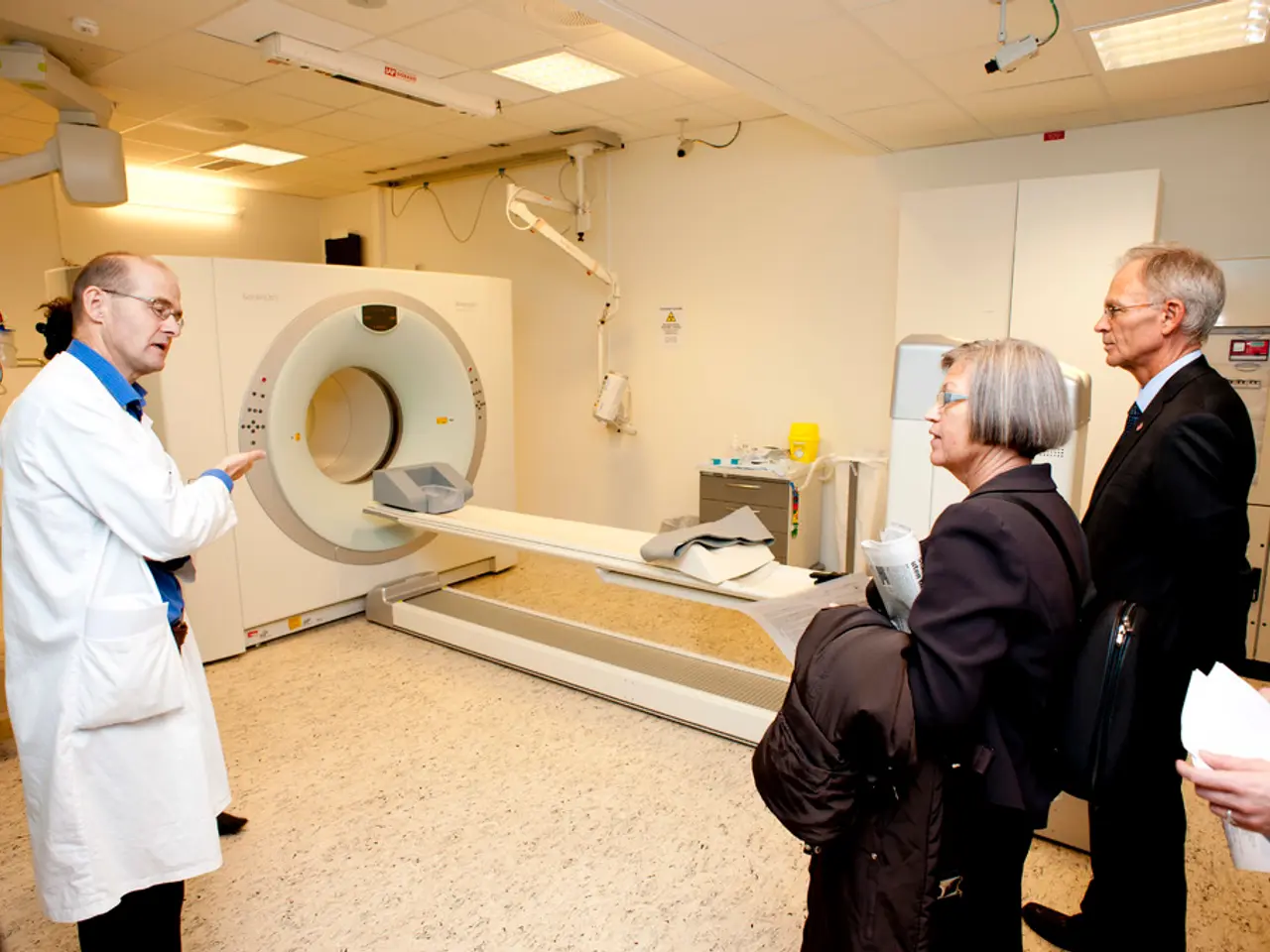Assisting Adolescents Grapple with Cognitive Slowness Issues
Sluggish Cognitive Tempo (SCT) is a proposed set of symptoms that includes excessive daydreaming, mental fogginess, slow processing speed, and social withdrawal, among others. People with SCT often experience a persistent sense of being in a "cognitive haze," struggle with confusion, and make errors not just due to slower thinking, but also because their attention is internally focused or distracted by daydreams rather than external stimuli. Unlike general "brain fog," SCT is a pervasive and chronic experience that can affect daily functioning.
On the other hand, Attention-Deficit/Hyperactivity Disorder (ADHD) is a well-established neurodevelopmental disorder characterized by persistent patterns of inattention, hyperactivity, and impulsivity. The core difficulty is not a lack of attention, but rather an inability to regulate attention—knowing when, how, and for how long to focus.
While SCT and ADHD share some similarities, particularly in the inattentive subtype of ADHD, they are distinct in their cognitive and behavioral profiles. The hallmark of SCT is an internal, daydreamy mental state with slow cognitive processing and underactivity, whereas ADHD (even the inattentive form) is more about inconsistent attention regulation and often involves impulsivity or hyperactivity.
Understanding SCT is crucial for parents and educators, as traditional strategies used to support individuals with ADHD and Autism may not always be effective for individuals with SCT. Strategies such as using antecedent strategies to set up success, supporting executive functioning skills, positive reinforcement and motivation strategies, and tailoring interventions to the individual behaviors that the learner struggles most with can be beneficial.
While there is no specific medication approved for the treatment of SCT, some medications used to treat ADHD, such as atomoxetine and lisdexamfetamine, may be effective in managing SCT symptoms. Cognitive-Behavioral Therapy can also be effective in managing SCT symptoms and helping individuals identify and change negative thought patterns and behaviors that contribute to their symptoms.
It is important to note that SCT is not formally recognized as a separate disorder, but its symptoms are measurable and have a significant impact on academic performance, daily functioning, and mental well-being. More studies are needed to help distinguish SCT from other forms of neurodiversity.
In conclusion, while SCT and ADHD share some similarities, they are distinct in their cognitive and behavioral profiles. Understanding these differences is crucial in providing effective support and interventions for individuals with SCT.
- Goal setting and time management are essential life skills for individuals with SCT, as they help manage their persistent cognitive haze and improve daily functioning.
- Motivational strategies, such as positive reinforcement, can be beneficial in helping people with SCT stay engaged and focused, compensating for their mental fogginess and internal daydreaming.
- While SCT is not formally recognized as a separate disorder, understanding its cognitive and behavioral profiles through science and health-and-wellness research, including mental health studies, can lead to improved interventions and support systems for those affected.




